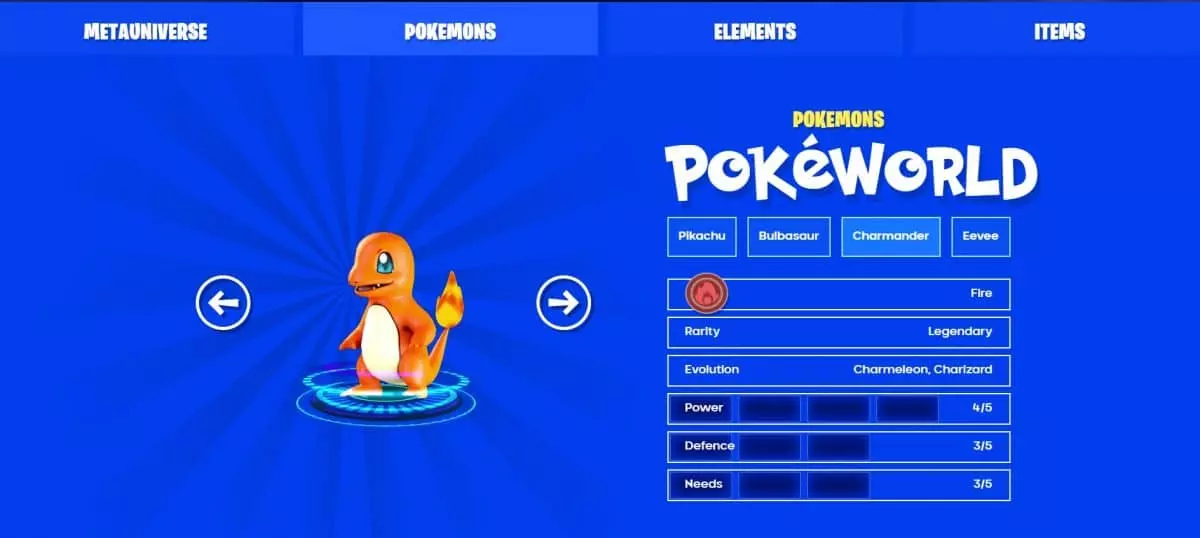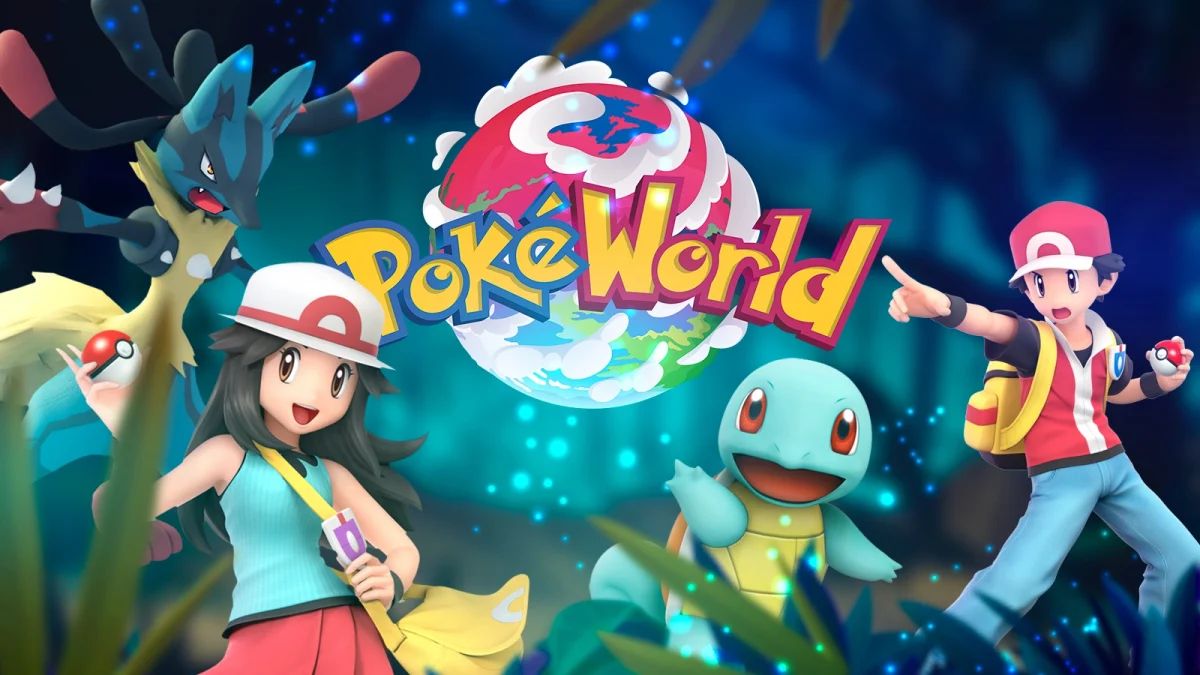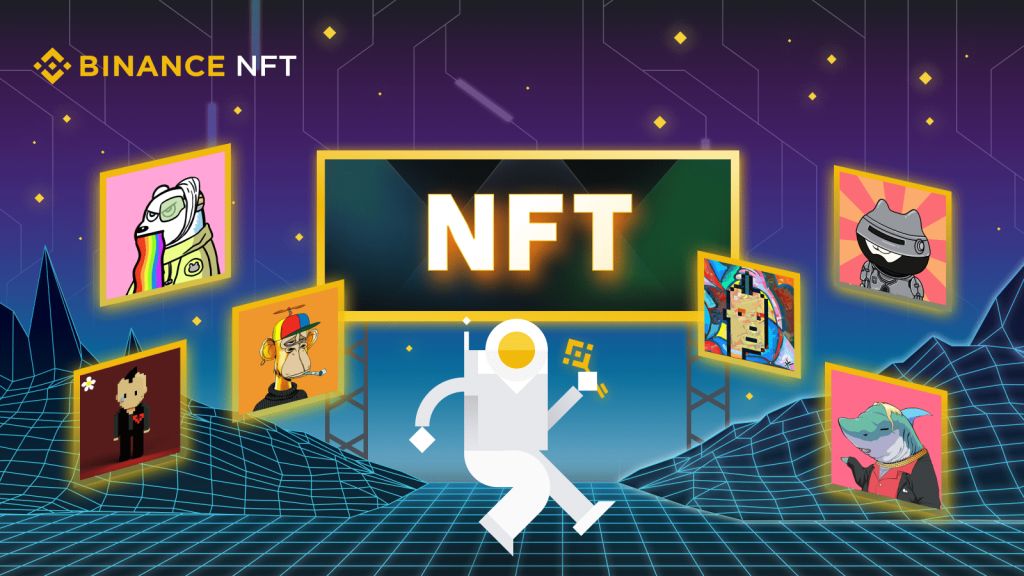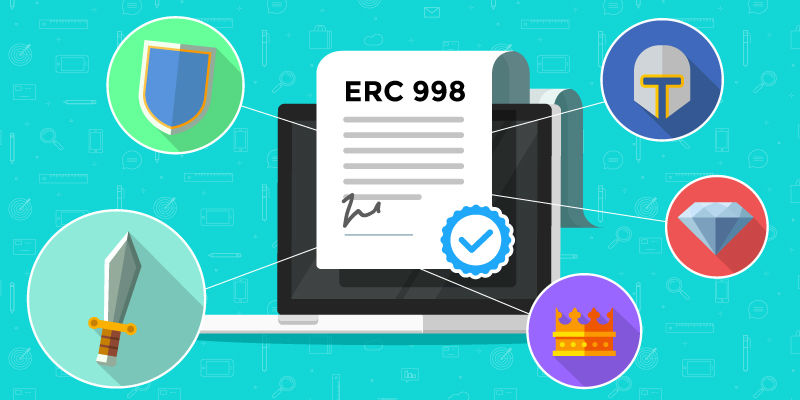The Pokémon Company International has sued Australian firm Pokémon Pty Ltd for trademark infringement on their nonfungible token (NFT) game Pokéworld. The firm, also called Kotiota Studios, recently launched the play-to-earn (P2E) game. In that context, the Pokémon Company alleges that there is too much similarity between the NFT game and its own franchise.
The Pokémon NFT lawsuit is seen to revolve around the recently launched web3 game: Pokéworld.
Why is The Pokémon Company suing the Australian Firm?
Based on the lawsuit, Pokéworld is defined as a “virtual world game” that lets gamers collect and trade virtual creatures, which is similar to the concept of The Pokémon Company’s own games. Notably, The Pokémon Company insists that they cannot use the word “Pokémon” in the name and all branding of Pokéworld.
They also argue that it may cause lots of confusion among the users, who may think the game is related to The Pokémon Company.
The Pokémon Company is now seeking damages and an injunction to stop Kotiota Studios from using the Pokémon name and brand in connection with the game. This Pokémon NFT lawsuit also requests the destruction of all the materials that are related to the controversial game. Moreover, they demand that all advertising and promotional materials should be removed from all platforms.
What Is Pokéworld?
On the other hand, Pokéworld advertises itself as an NFT-powered game, with the players able to sell and buy virtual creatures. Yet, their official website does not provide any clarity on how much of a role NFTs will play in the final version of the game. Nonetheless, it seems Kotiota Studios tries to tap into the current interest in NFTs among investors and gamers, even after this Pokémon NFT lawsuit.
Pokéworld has already generated some buzz among gaming and crypto communities. But, neither The Pokémon Company nor Nintendo has announced any plans to use non-fungible tokens (NFTs) in their games. These NFTs, sold and traded on different blockchain platforms, gained lots of popularity in recent years as a way for artists and content creators to sell digital collectibles.

The Pokémon Company’s lawsuit leveled against Kotiota Studios shows the importance of protecting intellectual property. Nothing shows especially in the digital age where it can be easier for others to borrow or imitate any popular franchises.
For now, it remains to be seen how the Pokémon NFT sue will play out. However, it serves as a major reminder for firms to keenly consider the potential legal implications of their branding and marketing strategies.





